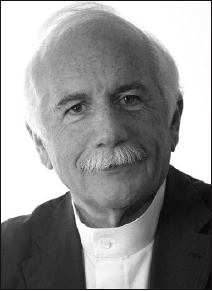Moshe Safdie

Moshe Safdie is an architect and the Principal of Moshe Safdie and Associates, an internationally renowned architecture and urban design firm with branch offices in Toronto and Jerusalem. Beginning with Habitat '67, his seminal experimental housing project for Montreal's Expo, Safdie has contributed meaningfully to almost every building type: museums, libraries, performing arts centers, government buildings, airports, houses, and the realization of entire cities.
Mr. Safdie has served as Director of Urban Design and Ian Woodner Professor of Architecture and Urban Design at the Harvard Graduate School of Design, in addition to teaching at various other universities. He is the author of several books on architecture and urban planning, most recently The City After the Automobile. Among Safdie's numerous awards and honorary degrees are the Companion Order of Canada and the Gold Medal of the Royal Canadian Institute of Architects.
Significant works include the National Gallery of Canada in Ottawa, the Exploration Place Science Center and Children's Museum in Wichita, KA, the Peabody Essex Museum in Salem, MA, the Salt Lake City Main Public Library in Salt Lake City, UT, Marina Bay Sands in Singapore and the Yad Vashem Holocaust Museum in Jerusalem, Israel.
Mr. Safdie graduated from McGill University in 1961. He has four children, one of whom is a graduate of the School of Art at The Cooper Union. He and his wife, Michal, live in Cambridge, MA.
Member of the Board since 2008
last updated: December 2010




